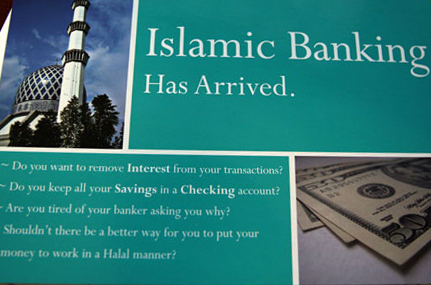
Puducherry, October 7: The Reserve Bank of India (RBI) has written to the government to "restructure" or "amend" the laws to allow Islamic banking in India . Speaking at a local event, RBI governor D Subbarao said: "Islamic banking is allowed in many parts of the world, but the Banking Regulation Act of India does not conform to Islamic banking because it allows banks to borrow from and deposit money with the RBI on interest. But we are in correspondence with the government on how our laws can be restructured or amended so that they are in conformity with Islamic banking."
The RBI governor's statement comes on the back of a rising clamour to allow Islamic banking in India, which would fetch billions of dollars in investments from countries in the Middle East. Islamic banking is an interest-free system that is allowed in many developed economies, including European markets like France, Germany and the UK.
Law minister Salman Khurshid announced recently that he had written to the Planning Commission and RBI on the issue. RBI's stand on the matter so far has been that it is not possible within the current statutory and regulatory framework.
The entire RBI top brass — including deputy governors Subir Gokarn, K C Chakrabarty , Anand Sinha and H R Khan — are in Puducherry for a board meeting and were interacting with local students at an interactive event. The RBI team also stressed financial inclusiveness and the role that mobile banking can play in expanding the banking footprint in rural India. "Mobile penetration is large in rural India and we can leverage that technology for financial inclusion," said deputy governor Khan.
RBI is prioritizing electronic payments to reduce the economy's dependence on cash. "India is the fifth largest in cash-to-GDP ratio and we are taking a series of steps on both retail and wholesale payment's side to reduce this," said deputy governor Chakrabarty . One of the interventions , he said, was the decision to reduce merchant discount rates (MDR) drastically on debit cards to encourage usage. The RBI recently capped MDR in debit card transactions to 0.75% up to Rs 2,000 and 1% beyond Rs 2,000 — a sharp cut given that debit and credit card MDRs have been similar in India so far.






Comments
Add new comment